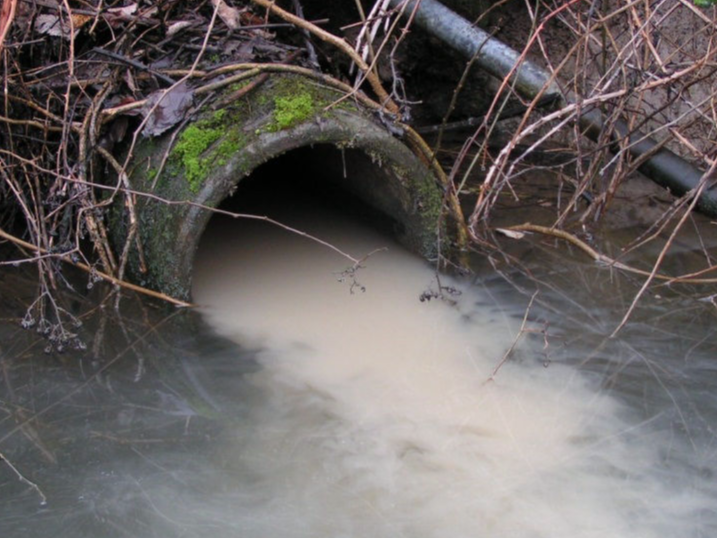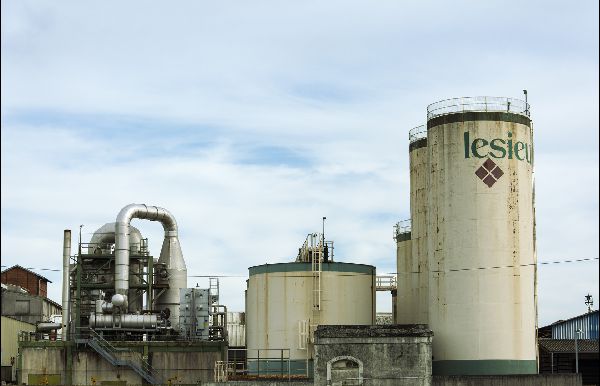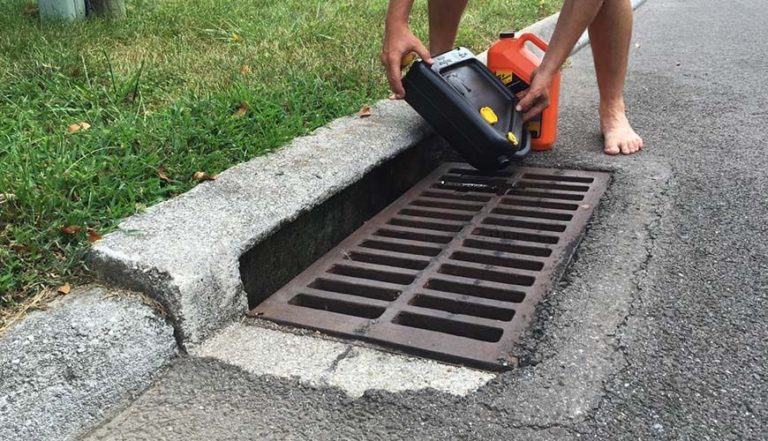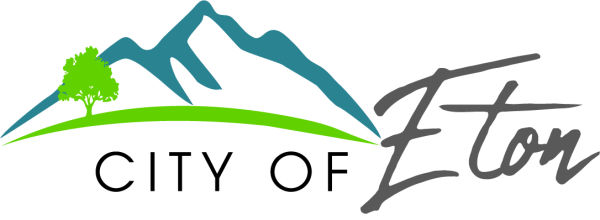About Eton Stormwater Management

In 2012, the City of Chatsworth, the City of Eton and Murray County were included in an environmental mandate, from Georgia’s Environmental Protection Division (EPD), to develop and comply with a stormwater management program intended to protect water quality in the state’s waterways. This mandated program is necessary to comply with the federal Environmental Protection Agency (EPA) National Pollutant Discharge Elimination System (NPDES) Stormwater Permit. The NPDES Stormwater Permit is reissued every five years. The most current permit with which Chatsworth, Eton and Murray County must comply, the 2017 NPDES Phase II Stormwater Permit, went into effect on December 6, 2017. Per this permit, Eton, Chatsworth and Murray County each developed a Stormwater Management Plan (SWMP).
Mission
It is the mission of this Stormwater Management Program to:
Protect
Protect the health and safety of the public and ecosystem
Address
Address stormwater quality and stormwater quantity concerns
Meet
Meet or exceed federal and state stormwater regulations
What is stormwater pollution and why should we care?
Stormwater is water that originates during precipitation events and snow/ice melt. Stormwater can soak into the soil, be held on the surface and evaporate, or runoff and end up in nearby streams, rivers, or other water bodies (see The Hydrologic Cycle). Stormwater is transferred to our waterways by either flowing across the land, known as sheet flow, or through a series of curb & gutters, inlets, pipes, ditches and detention structures, known as a stormwater drainage system.
Stormwater runoff can carry sediment, heavy metals, oils, fertilizers, trash, debris and other pollutants that have accumulated on the land between rainfall events. If the stormwater runoff is untreated, these pollutants make their way into our streams, rivers and lakes.

Stormwater pollution can impact our drinking water sources, damage fish, macroinvertebrate and wildlife habitats, and pose a threat to humans who enjoy recreational water activities. In addition to adding pollutants to stormwater, urban development increases the amount and velocity of runoff that occurs, which can cause flooding, erode channels and streams over time, and destroy natural beauty and habitat. Uncontrolled stormwater pollution can affect the quality of life for everyone living in and around a community.
It is the responsibility of local governments to maintain public stormwater infrastructure, also known as the Municipal Separate Storm Sewer System (MS4), but it is the responsibility of the citizens and businesses within our community to maintain private infrastructure and to be mindful of potential pollution sources.
Potential Sources of Stormwater Pollution

Commercial Businesses
Examples include auto service shops, gas stations, restaurants, and lawn care services. Motor oil, antifreeze, oil filters, and cleaners can all be potentially harmful to the environment if not recycled. Oil and grease contain hydrocarbon compounds, some of which can injure or kill aquatic life even at low concentrations.

Industrial Facilities
Examples include facilities that are engaged in manufacturing, production, transportation, and/or construction-related activities. Waste generated at an industrial site can lead to significant spills and contamination of waterways.

Residential Areas
Residential areas can significantly impact rivers, lakes, and streams due to improper disposal and/or handling of fertilizer, fuel, oil, household waste, pesticides, herbicides, wash water, etc. Household hazardous wastes in and around a home can cause harm to family members and pets, and can be toxic to local wildlife and fish.

Institutions
Institutions such as schools, universities, hospitals, churches, and government facilities can cause water pollution in the same way that businesses and residents can generate it. The types of waste are similar to that of any home or work environment and, if not disposed of or managed properly, can cause adverse effects on the environment.
How are stormwater pollution and erosion control related?
Sediment from erosion is a major pollutant that can kill fish and destroy habitats. Properly installed erosion control practices (or best management practices (BMPs)) can help prevent the entry of sediment into streams, rivers, and lakes, prevent flooding, and reduce the washing out of banks and naturally occurring habitats.
What is an MS4?
A municipal separate storm sewer system, or MS4, is a storm drainage system that is not located on private property, and is owned and maintained by local or state government.
A MS4 is made up of a series of inlets, catch basins, junction structures, pipes, culverts, ditches, curb & gutter, detention structures, etc. that convey stormwater runoff to our streams, rivers and lakes.
The City of Chatsworth, the City of Eton and Murray County are responsible for maintaining their MS4 within the public road right-of-ways and property. The Georgia Deprtment of Transportation (GDOT) is responsible for maintaining their MS4 within state road right-of-ways and property. It is the reponsibility of property owners to maintain storm drainage systems on private property.
Check out components of the local MS4s below…
What is an illicit discharge?

The Environmental Protection Agency (EPA) defines an illicit (or illegal) discharge as any discharge into a storm drain system this is not composed entirely of stormwater.
